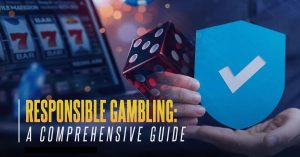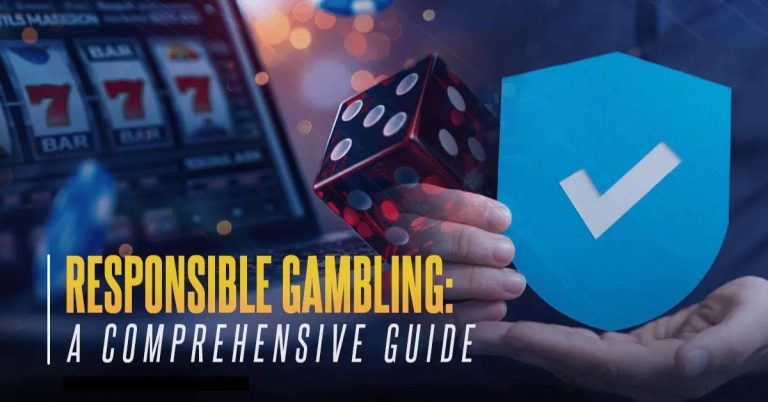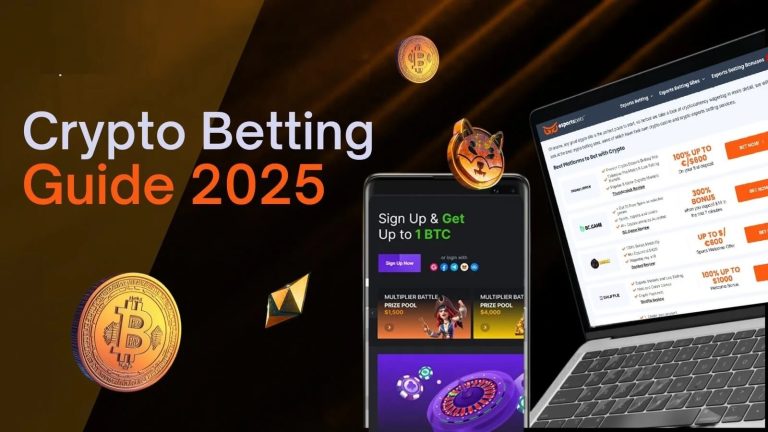Responsible gambling is fundamental to ensuring that betting and gaming activities remain enjoyable rather than harmful. For players in the Philippines and worldwide, knowing where to find reliable responsible gambling resources can make a critical difference when gambling habits become problematic. This comprehensive guide identifies key organizations, tools, and support networks designed to promote safer gambling practices and provide assistance to those experiencing gambling-related harm.
Understanding Problem Gambling: Signs and Symptoms
Before exploring available resources, it’s important to recognize the warning signs that gambling may be becoming problematic. Common indicators include:
- Spending more time or money on gambling than intended
- Gambling to escape problems or relieve negative emotions
- Lying to loved ones about gambling activities
- Borrowing money or selling possessions to fund gambling
- Failed attempts to cut back or stop gambling
- Jeopardizing relationships, career opportunities, or education due to gambling
- Chasing losses with increasingly larger bets
Early recognition of these signs enables timely intervention, often preventing the development of more severe gambling disorders.
International Support Organizations
Several established organizations provide comprehensive responsible gambling resources and direct support to individuals worldwide.
GamCare
GamCare stands as one of the leading providers of information, advice, and support for anyone affected by gambling problems in the UK, with resources often utilized internationally. Their services include:
- 24/7 National Gambling Helpline
- Free counseling services (phone and online)
- Moderated forums and chatrooms for peer support
- Self-assessment tools
- Educational resources for gambling industry professionals
While based in the UK, GamCare’s extensive online resources are accessible globally, making them valuable for Filipino players seeking evidence-based information and support strategies.
National Council on Problem Gambling
The National Council on Problem Gambling serves as the primary US organization addressing problem gambling issues. Their resources include:
- 24/7 confidential helpline (1-800-522-4700)
- Text and chat support options
- Screening tools for problem gambling assessment
- Treatment provider directory
- Research library and educational materials
The NCPG also coordinates international efforts and provides resources that transcend geographical boundaries, making their materials relevant for players worldwide, including those in the Philippines.
Philippines-Specific Resources
Players in the Philippines have access to several local support networks specifically designed to address gambling-related harm within the cultural context of the country.
PAGCOR Responsible Gaming Program
The Philippine Amusement and Gaming Corporation (PAGCOR) has implemented a comprehensive responsible gaming initiative that includes:
- Self-exclusion programs for land-based and online casinos
- Mandatory responsible gambling signage and information
- Training programs for casino employees
- Partnership with local mental health providers
Philippine Mental Health Association
This organization provides counseling services that can address gambling addiction among other mental health concerns, with centers throughout major Philippine cities.
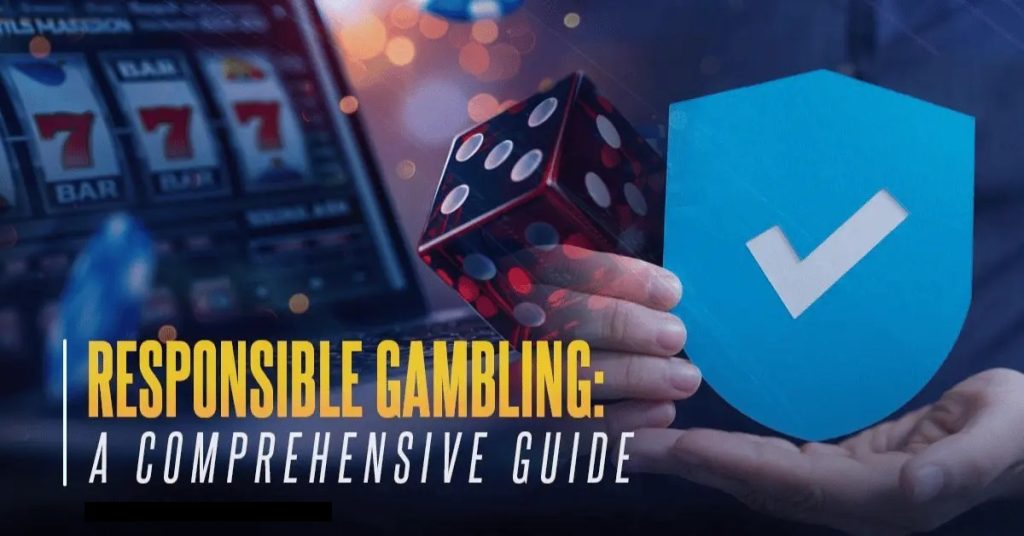
Self-Help Tools and Resources
Beyond organizational support, several self-directed tools can help individuals manage their gambling habits:
Self-Assessment Questionnaires
Validated screening tools help individuals evaluate whether their gambling behavior may be problematic. Common assessments include:
- Problem Gambling Severity Index (PGSI)
- South Oaks Gambling Screen (SOGS)
- Brief Biosocial Gambling Screen (BBGS)
These tools provide objective measures to help determine if professional support may be beneficial.
Self-Exclusion Programs
Most reputable gambling operators offer self-exclusion options that allow players to restrict their own access to gambling services. These programs typically:
- Block account access for a specified period (from months to lifetime)
- Prevent marketing communications
- Restrict new account creation attempts
- Apply across multiple platforms in some jurisdictions
Financial Management Tools
Banking institutions increasingly offer tools specifically designed to help control gambling-related spending:
- Gambling transaction blocks on credit/debit cards
- Spending limits on accounts
- Cooling-off periods for large transactions
- Specialized apps for budget management
Resources for Families and Friends
Supporting loved ones affected by problem gambling requires specialized knowledge and approaches. Key responsible gambling resources for family members include:
Educational Materials
Organizations like GamCare provide dedicated resources helping families understand:
- The nature of gambling addiction
- How to approach conversations about gambling
- Setting healthy boundaries
- Protecting family finances
Support Groups
Family-specific support groups provide community and guidance:
- Gam-Anon (similar to Al-Anon for gambling issues)
- Family therapy options
- Online forums for family members
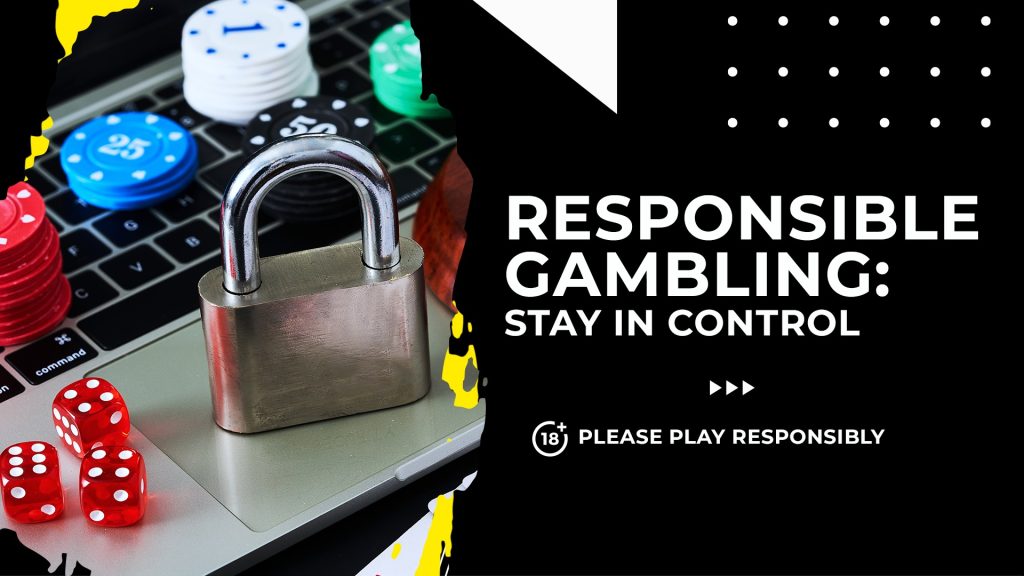
Technical Tools for Gambling Control
Technology offers additional layers of protection for vulnerable players:
Blocking Software
Specialized applications can restrict access to gambling websites and applications:
- Gamban
- BetBlocker
- gamBlock
- Net Nanny with gambling site blocking
Many of these tools offer free or subsidized access through partnerships with support organizations.
Time and Money Limit Tools
Most reputable gambling platforms now include built-in responsible gambling features:
- Deposit limits (daily, weekly, monthly)
- Loss limits
- Session time reminders
- Reality checks displaying time and money spent
- Temporary timeout features
The Recovery Journey
Recovery from gambling problems typically involves several phases and multiple types of support:
Professional Treatment Options
Evidence-based treatment approaches include:
- Cognitive Behavioral Therapy (CBT)
- Motivational interviewing
- Group therapy
- Residential treatment programs
- Financial counseling
Peer Support Networks
Community-based recovery support offers understanding and accountability:
- Gamblers Anonymous meetings (in-person and online)
- Recovery mentorship programs
- Online recovery forums and communities
Relapse Prevention Strategies
Maintaining recovery requires ongoing vigilance and support:
- Identifying and managing triggers
- Developing healthy alternative activities
- Continued engagement with support networks
- Financial accountability systems
Recommended Resources
Additional valuable resources for those seeking support include:
- Local community mental health centers
- Problem gambling helplines
- Financial counseling services
- Addiction medicine specialists
- Recovery-focused literature and workbooks
FAQ: Responsible Gambling Resources
Are responsible gambling resources confidential?
Yes, reputable support organizations maintain strict confidentiality policies. Services like helplines, counseling, and online support can typically be accessed anonymously if preferred.
Can I access gambling support services for free?
Most responsible gambling resources offer free services, including helplines, initial consultations, self-help materials, and community support groups. Treatment costs vary by provider and location, with many options available at no or low cost.
How effective is treatment for gambling problems?
Research indicates that professional treatment significantly improves outcomes for people with gambling disorders. Success rates are comparable to those for other addiction treatments, with many individuals achieving long-term recovery with proper support.
Conclusion
Access to comprehensive responsible gambling resources is essential for maintaining a healthy relationship with betting and gaming activities. Whether you’re concerned about your own gambling habits or supporting someone else, the organizations and tools outlined in this guide provide pathways to support, recovery, and harm reduction.
Remember that seeking help is a sign of strength, not weakness. The wide range of available resources ensures that support can be tailored to individual needs, preferences, and circumstances. No matter where you are in your journey, appropriate resources exist to help you move toward healthier gambling behaviors or abstinence if needed.

